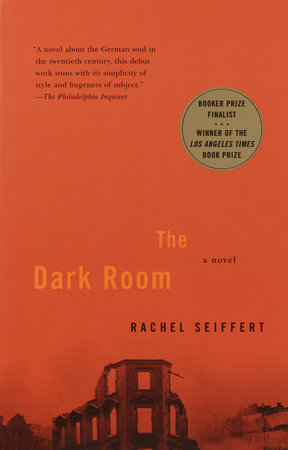The Dark Room Reader’s Guide
By Rachel Seiffert


1. What does Seiffert imply about the relationship of the individual to the atrocities? Do Helmut, Lore and Micha’s responses to their situations differ according to their proximity to the events?
2. ‘I am a camera. I see the world from one particular standpoint, and my interpretation of events is based on that view.’ To what extent can this metaphor be used to describe the novel?
3. The Dark Room has been described by The Guardian as ‘cold and devoid of emotional involvement’. Do you agree? Do the three-part structure and the prose style of the novel add or detract from the emotional pull of the story?
4. "The novel ends on a note of optimism. The truth has been confronted and, with the birth of a child, Seiffert holds out the hope that the shadows of the past may be about to lift" (Sunday Telegraph). Do you see this book as a redemptive novel?
5. How does Seiffert’s investigation of the most difficult moral issues of the past century — the legacy of atrocity — challenge our prejudices and preconceptions about the Nazi era?
6. Each of us is an individual; each of us has individual responsibility for our own actions. Each of us is also a member of a family, of families; each of us is a citizen of a state, a member of a nation. Can we, must we, take responsibility for them, for their actions too?
Just for joining you’ll get personalized recommendations on your dashboard daily and features only for members.
Find Out More Join Now Sign In